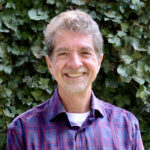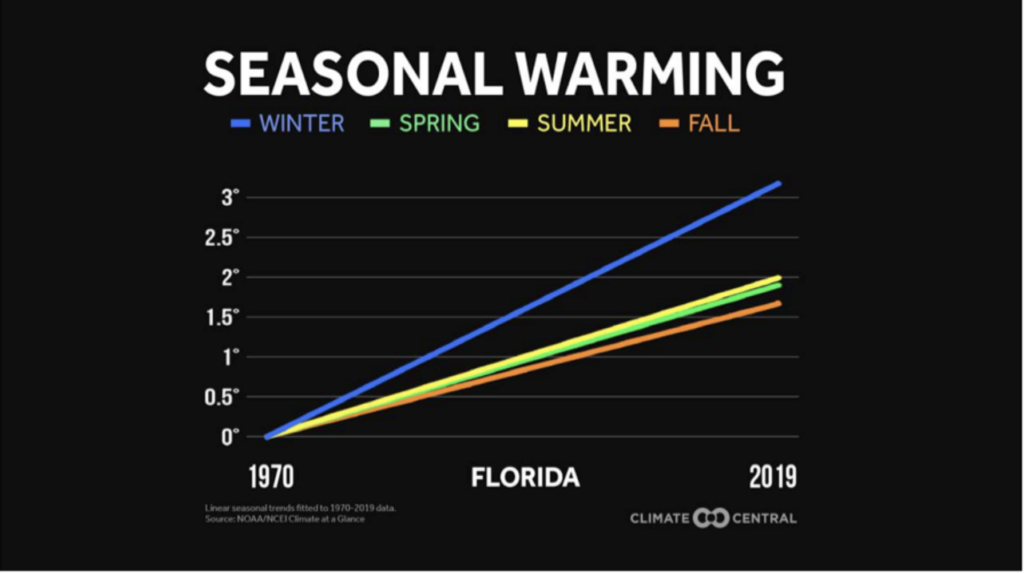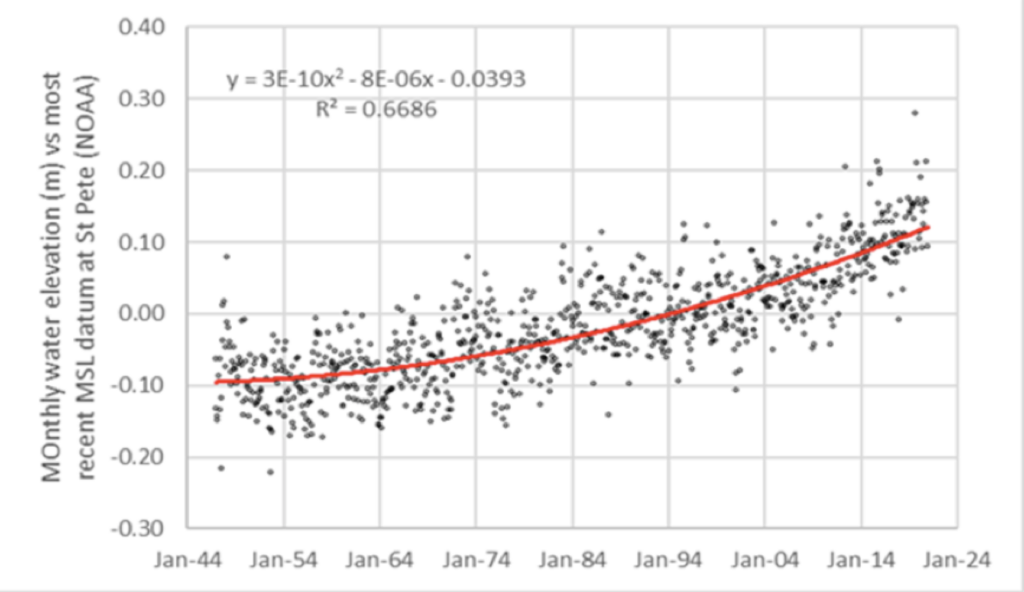By Bob Bunting, The Climate Adaptation Center CAC
In the late 1970s and 1980s I was fortunate to be a scientist and executive at both NOAA and the National Center for Atmospheric Research NCAR. During this period the signal came out of the noise on manmade climate warming.
The first global atmospheric climate model went into use at NCAR. The early runs were stunning. Without human greenhouse gas inputs, the model forecast little change in global temperatures, but with human emissions, the forecast indicated a troublesome warming during the 21st century.
Promoting the adaptive idea that climate warming presents a great economic opportunity for a technology-rich America and other advanced western countries is an idea to embrace.

Imagine developing India and China receiving cleaner burning power plants and other technology from the west thereby leapfrogging past their dirty high carbon/high sulfur coal power plants. Given the state of affairs in 2022, it is clear this adaptive message is beginning to take hold.
Climate warming is not a theory. Since 1880 the global temperate has increased about 1.2°C and sea level has risen about 10 inches.
By 2100 the most likely range of temperature is an additional 1.2°C to 1.5°C degrees and about 14 -18 inches of additional sea level rise. About 9 inches of that will occur by 2050. These numbers can be managed if we stop arguing whether climate change is natural or manmade and start acknowledging that the climate is warming and action now will lower risk.
We can best deal with the consequences in an adaptive way that limits losers and maximizes winners. While ending and mitigating greenhouse emissions has had all the headlines, the adaptive message has been lost.
If the world was able to stop carbon emissions today, the earth would continue to warm and sea levels continue to rise. But Florida will not be underwater by 2100. Improving technology in the decades ahead may well reduce the greenhouse gases in the atmosphere and the Earth’s temperature will begin to fall to a much safer level.
Adaptive strategies are at least part of the answer. For those of us living along the coast, managing sea level rise, for example, could well preserve our way of life now and for the next 50 years and probably beyond.
We can preserve the value of our real estate, limit insurance premiums and help evolve the climate economy by providing U.S. technology worldwide for energy efficiency while building our climate resilient infrastructure.
The media are part of our current climate problem because hawking the worse case promotes fear and creates a “deer in the headlight” syndrome.
We will solve the climate challenges we face. This is the message I carry to business leaders, local government officials and national congressional leaders.
Knowledge is advancing at such a rapid pace that 50 years from now we may well have ways to sequester carbon and reverse climate warming. We have witnessed incredible progress. The knowledge tsunami is accelerating and is a cause for great hope.
Buckminster Fuller introduced his knowledge-doubling curve in 1982, about the same time that climate warming became a worldwide concern.
Adaptation to climate warming is sure to come as knowledge doubles with exponentially increasing speed.
Bob Bunting is a scientist, entrepreneur and educator and is the CEO of Florida’s CAC in Sarasota. The CAC brings together scientists, academics, the private sector and goverments to help them understand the risks and opportunities a warming climate presents for Florida. The CAC is a 501.c.3 funded solely by private donations to keep the message clean so successful mitigation and adaptive actions are taken now while we still have a good chance to create the future we want. Check out our website here(https://www.theclimateadaptationcenter.org) and be sure to subscribe (https://www.theclimateadaptationcenter.org/partners/) to our newsletters, become a member or make a tax- deductible donation.
“The Invading Sea” is the opinion arm of the Florida Climate Reporting Network, a collaborative of news organizations across the state focusing on the threats posed by the warming climate.





